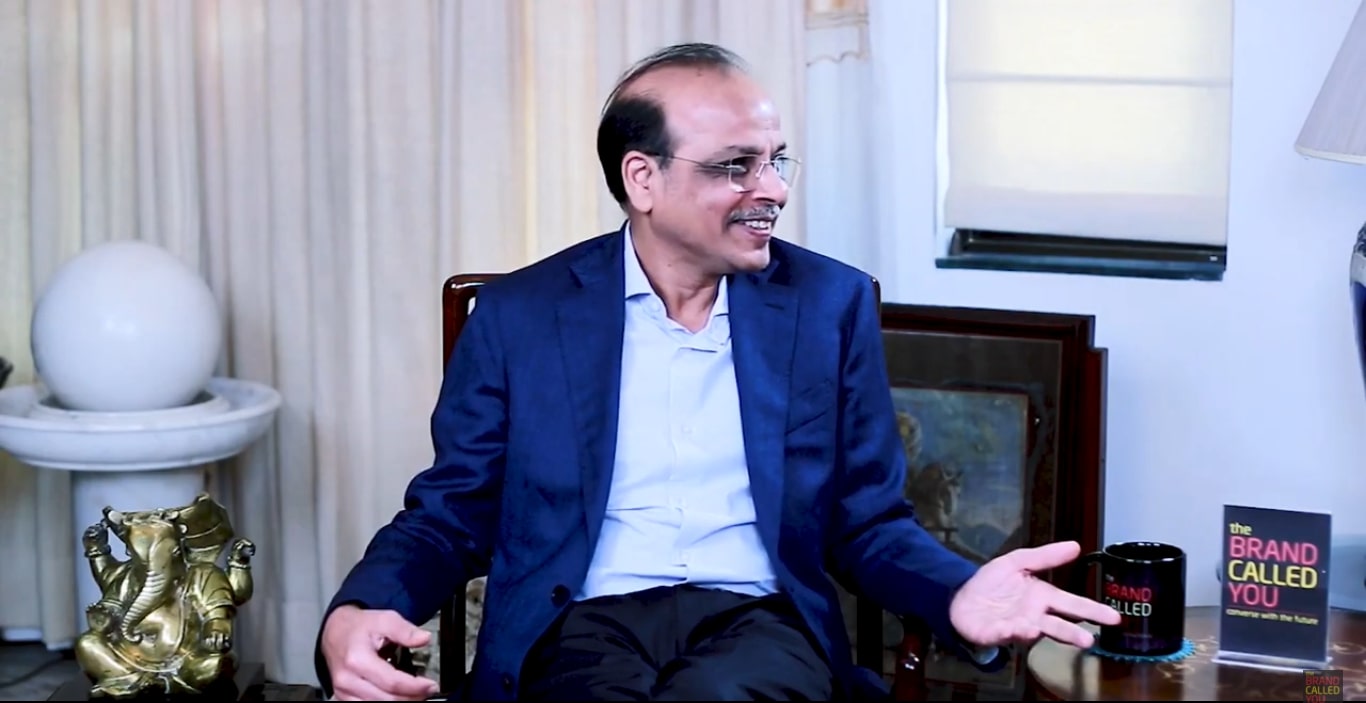Podcast: Play in new window | Download
Follow TBCY RSS
Few people have what it takes to completely change the landscape of a country’s growth. Sanjeev Shriya, Founder and MD, Smart Chip, has done tremendous work in the digital identity sector. From SIM cards, to driving licences to the Aadhar, Sanjeev has pioneered the smart card movement in the country.
A true gentleman, Sanjeev spoke to us about the tradeoff between privacy and convenience, his passion to make a difference, and the mistakes startup entrepreneurs make these days.
Originally from a marwari business family, Sanjeev always had an entrepreneurial bent of mind. However, it was his intrigue with technology and passion for recognizing trends and entering marketplaces early that led him to start his own venture. He started Smart Chip in 1995 and the first SIM in the country was delivered by him to mobile operators then. He also built the first chip enabled driving licence in the country.
On the Aadhar program
Sanjeev brings to light how the problems of the masses are so different from those of the urban population.
“Many of us who are, let’s say, a bit more fortunate, living in urban areas are actually plagued by too many identities. So, you know, you are managing your own identity. Then you have your social identities. And so, you know, the three circles of identity – the one that you’re born with, the one that the government grants you and the one that you are known for. But there are less fortunate people in the villages who actually have dearth of identity and they don’t have what is called an acknowledged identity. I Exist but nobody believes that I exist. And that’s the problem that, you know, I was always wanting to solve.”
The Aadhar program became the foundation to solve this struggle. Sanjeev considers it a very important part of his professional journey. Not only has it given an identity to the vast population of the country, it has also disintermediated the subsidy and disbursal chains. “Today”, Sanjeev says, “many countries use the example of our Aadhar program.”
On identity and privacy
With the spurt in technology, building and tracking identities has become a commonplace thing. Although it is difficult to imagine a world without identities, how much of the information that we give up is actually secure? When does it start being an invasion of privacy?
Sanjeev says that there is a delicate balance between benefits and invasion of privacy. For instance, we tell Google where we are in order to use their maps. As long as giving their information makes life easier for people, they will likely be happy to provide it.
Regarding biometrics and face surveillance, Sanjeev thinks “If we use it A – with consent and B – for the larger good, I think people who don’t have much to fear are not so anxious about it.”
On mistakes startup entrepreneurs make
According to Sanjeev, startup entrepreneurs should treat their VC’s money as their own. He says that funding has become very easy to secure and thus, many entrepreneurs tend to take it for granted. He advises investing deeply and patiently, scaling up in good time, and not blindly chasing valuation.
Regarding spreading out geographically, he says “A lot will depend upon what business you are in. So are you dealing directly with consumers? These days many entrepreneurs are going B2B. So, the answers are going to be different. But let’s say generally this question is directed towards the B2C context. I think that it’s good to be a reasonably dominant name or brand of service in a finite geography, rather than being a medium rank in a larger geography and say you’re pan-India. So, you know, being pan-India is not enough. I think the value comes when people or consumers want you and even more when they can’t do without you. So now at what stage will that be reached, that’s for the individual to decide. But chasing geography may not be the best way to get success.”
His advice instead is –
“First of all, create belief in yourself. Because, you know, it’s a whole question of positivity. And if you have belief in yourself and if you’re convinced about the idea, don’t be convinced about the idea of making money, be convinced about the business that you want to get into. I think people are now getting confused between the idea of making money, which is different from the ideal that is central to them. So if you’re convinced about the idea that is so paramount in your heart, that pumps your passion, you know, that something that is really driving you to entrepreneurship, then that becomes a central pole around which your universe will revolve.”


